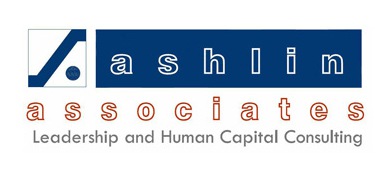Today’s topic is one that could have been ripped from recent headlines: Integrity. Once again in the news, we see good people – good leaders –struggle with abiding by a moral or ethical code.At Ashlin Associates, however, we know that integrity is an essential attribute and sound business practice. A leader with high integrity inspires followership. Followers realize they can trust these leaders to act consistently to make decisions for everyone’s good.
THE INTENT
“Integrity” of course, can be a matter of perspective. In a recent 360-degree feedback interview, an employee rated his boss as having “high integrity.” “Why?” I asked. “Well, he doesn’t check his iPhone or Blackberry during meetings.”
But that’s not integrity. That’s simply civility. Integrity requires courage. It requires moral strength. It requires steadfastness.
ONE LITTLE DECISION
So why do leaders struggle with this fundamental attribute? Perhaps it’s the sheer stress of shouldering the burden of leadership. Perhaps it’s the fear of not delivering to employees, partners, or shareholders.
One thing I do know is that many do not really intend to act without integrity. For these people, the loss of integrity tends to happen incrementally. It starts with one little decision, one little temptation. And just as we teach our children, one seemingly innocuous bad decision can quickly snowball out of control.
Without it, no real success is possible, no matter whether it is
on a section gang, a football field, in an army, or in an office.”
– Dwight D. Eisenhower
When in doubt, getting someone else’s perspective can help keep the integrity “train” on the tracks. If I am working with an executive with a moral dilemma, we outline all the consequences, good and bad. Often times, a leader will realize, just in asking the question, what the correct course of action should be.
As Roman philosopher and statesman, Cicero, said, “So near is falsehood to truth that a wise man would do well not to trust himself on the narrow edge.”


